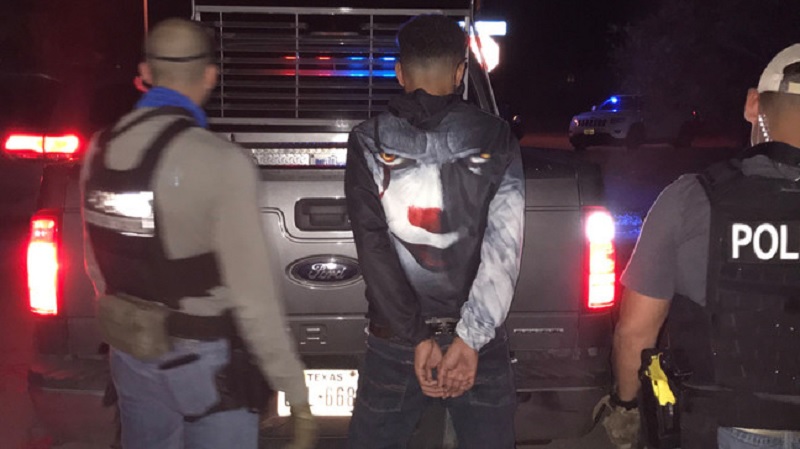
Crime rates have always been a target of debate and manipulation. The dramatic increase in violent crime in selected locations around the country has anti-police voices choking on their twisted logic. More crime? Must be all the guns that have been sold! Must be because of corrupt police! Must be COVID! Must be the economy!
It seems clear enough to the casual observer that the rhetorical, political, legal, and physical attacks on police officers must figure into the rise in criminal activity. The problem with explaining the rise and fall of crime is that cause-effect correlations don’t survive expectations. Crime has fluctuated regardless of employment, so that argument doesn’t fly for recent escalation of violence. Unemployment has been a widespread issue, not necessarily centered around the areas experiencing greater murder rates. In fact, all national trends must be suspect as an origin of violent criminality since the increase in violent crime has not be evenly distributed.
The same is true with the increase in gun sales. What would have prompted an increase in firearms acquisition? The flood of purchases and ammunition shortages does not correlate with a rise in violent crime, but rather with impending threats of restrictions on gun ownership and the perceived chaos with the onset of the COVID pandemic. The hundreds of millions of firearms already in existence in the U.S. argues against any significant crime increase due to the increase in gun ownership that represents a small fraction of total firearms.
Police antagonists refute the idea that defunding, abolition, legal strangleholds, and other limitations on policing imposed by political concessions to the anti-police agenda have anything to do with increasing crime. They claim that little actual defunding has occurred, even in the face of millions of dollars diverted from police budgets in many of the cities affected by increased bloodshed. Their calculations don’t included chunks of law enforcement budgets earmarked for non-law enforcement efforts, redundant training mandates that take officers off of the streets, reduced recruitment and retention that impacts investigative staffing and patrol strength.
In addition to visible and invisible defunding, politicians are more hesitant to increase police staffing even when the shortages have been long-standing and preceded the frenzied activism of recent years. Investment in facilities, costly but needed equipment, and other improved have been unfunded.
Perhaps James Q. Wilson, who died in 2012, the father of the broken windows theory of policing that was credited with crime fighting in the 1990s, was accurate when he attributed one era’s crime decline to culture. Wilson said “The cultural argument may strike some as vague, but writers have relied on it in the past to explain both the Great Depression’s fall in crime and the explosion of crime during the sixties. In the first period, on this view, people took self-control seriously; in the second, self-expression—at society’s cost—became more prevalent. It is a plausible case.”
While nearly every generation has expressed alarm about the next generation and society in general, anecdotal evidence indicates a dramatic increase in the hostility of police encounters from citizens. Ask any police officer if things have changed in the last few years and you’ll have your own evidence. Add to that the verifiable increase in ambush attacks on officers, the vociferously antagonistic measures punishing and imperiling police officer under the heading of “police reform”, it is clear that there has been a culture shift away from respect for law and order.
While concerns expressed about the justice system and the practice of policing are part of a legitimate discourse that has been ongoing since the founding of the United States, the source of disrespect for law and order (not merely the police) is found in poisonous rhetoric, not calls for quality policing. The ingredients for culture – media, influential groups, legislation – are actively percolating against traditional ingredients that strengthen unity and respect. Wilson might well claim that the spike in murders will be reduced only when the best of our citizenry gets fed up with it and demands change.